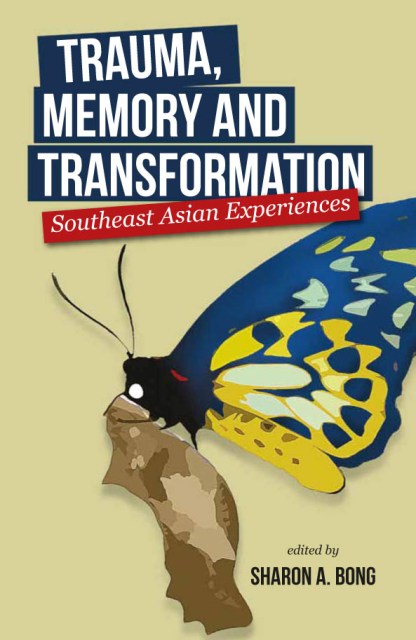EN
|
MY

Seminar Sarawak Lestari Bertemakan ?Alam Sekitar dan Sumber Asli? 27 Nov 2025
Makersmeet 2025 29 Nov 2025
(Sibu) Fun Run 5KM in conjunction with the 5th Anniversary of Pustaka Sibu 30 Nov 2025
Sarawakiana Festival 2025 08 Dec 2025